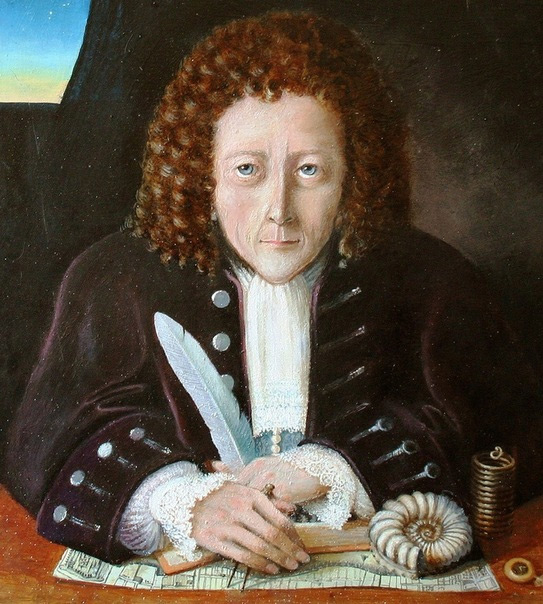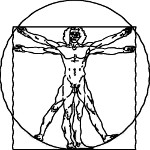



|
Robert Hooke |
|
Robert Hooke (1635–1703) was an English natural philosopher & architect. His adult life comprised three distinct periods: as a scientific inquirer lacking money; achieving great wealth and standing through his reputation for hard work and scrupulous honesty. In 1665 he inspired the use of microscopes for scientific exploration with his book, “Micrographia,” based on his microscopic observations of fossils. Hooke was an early proponent of biological evolution. He deduced the wave theory of light, and was the first to suggest that matter expands when heated and that air is made of small particles separated by relatively large distances. Robert Hooke spent his life largely on the Isle of Wight, at Oxford, and in London. He never married, but his diary shows that he was not without affections, and more, for others. On 3 March 1703, Hooke died in London, and a chest containing £8,000 in money and gold was found in his room at Gresham College.
ASPECT
POINTS
Science
4
Law
0
Medicine 0 Business
4
Philosophy
0
Art
0
Travel
0
Sports
2
Beauty
0
Family
0
Fame
1
Civic 0 Career
1
Wealth
1
Leader
1
Humanity
0
TOTAL 14
Polymath |